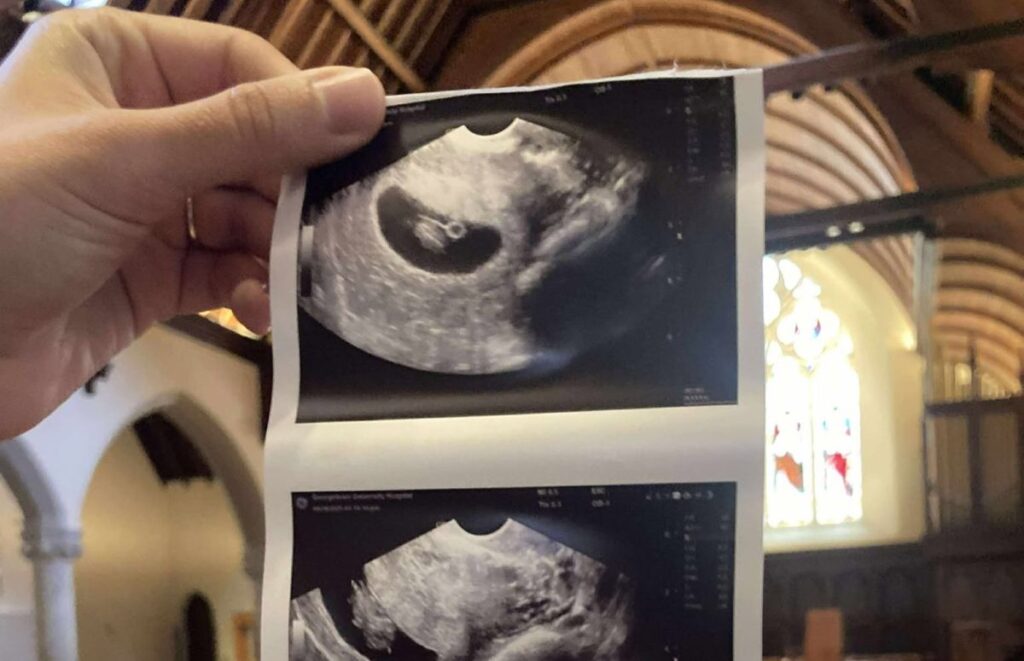Pennsylvania Legislation and Patient Safety
Lawmakers in Harrisburg are wrestling with bills that would shift how abortion care is regulated across the state, and those changes deserve a hard look. The debate is framed as a matter of rights, but it has clear implications for medical standards and legal accountability.
The bills would return Pennsylvania to the Kermit Gosnell era, with legal protections for abortionists and late-term abortions. That sentence captures the core worry many Republicans express about weakening oversight and widening legal shields for providers.
Mentioning Kermit Gosnell is not about name calling, it is about what happens when standards and inspections break down. The Gosnell case became shorthand for chaotic, dangerous practices that flourished when regulation and enforcement were neglected.
Under the proposed measures, critics say some protections would make it harder to hold bad actors accountable and easier to defend questionable practices in court. Supporters of the bills paint them as safeguards for doctors, but Republicans argue that legal shields should not trump patient safety.
Late-term abortions are especially controversial because the medical and ethical stakes are higher in the later stages of pregnancy. Questioning how and why these procedures would be permitted, and under what oversight, is a legitimate public concern.
Regulation serves a purpose beyond politics: it sets baseline expectations for hygiene, training, and emergency care, and it creates a path for inspections and corrective action. Weakening those rules risks returning to environments where oversight is lax and patients suffer the consequences.
From a Republican standpoint, protecting life goes hand in hand with protecting patients from dangerous practices and poor facilities. That perspective supports clear standards, regular inspections, and transparent reporting so families can trust the care their loved ones receive.
There is also a legal angle to consider, since expanding immunities for providers can shift liability away from those responsible for negligent care. Lawmakers should weigh whether new statutes would make it difficult to pursue justice when standards are violated.
Ultimately, this is about the kind of healthcare system Pennsylvania wants to have and how the law balances provider rights with patient protections. Thoughtful scrutiny of these bills is necessary so policy reflects both compassion and accountability without inviting the failures of the past.



